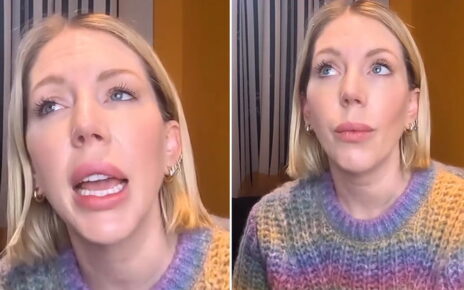Sarah Ferguson, Duchess of York, is once again under scrutiny as a growing number of charities cut ties with her following revelations about her past association with disgraced financier Jeffrey Epstein.
The backlash stems from reports highlighting a message Ferguson once sent to Epstein, thanking him for his financial assistance during a period of personal difficulty. Although the correspondence dates back several years, the resurfacing of this connection has reignited public outrage and placed pressure on organisations linked to her philanthropic work.
Several charities have now quietly removed her from their patronage lists, while others have openly stated that they can no longer maintain ties in light of the controversy. For many, the issue is less about legality and more about reputation. In the age of heightened awareness around accountability, charities fear that continued association with the Duchess could undermine their credibility and alienate donors.
Ferguson has previously acknowledged receiving financial help from Epstein and has expressed regret over the link, calling it a “serious error of judgment.” Despite her apologies, critics argue that such associations reflect poorly on her public role, especially given Epstein’s well-documented history of criminal behaviour.
For the Duchess, who has long sought to balance her image between royal connections and independent charity work, the renewed focus on her ties to Epstein poses a major challenge. Her philanthropic reputation, carefully cultivated over decades, now faces the risk of long-term damage.
Meanwhile, the charities distancing themselves are eager to reassure the public of their integrity and commitment to safeguarding their causes from any hint of scandal. The episode underscores the broader reality that, in today’s climate, even historic links to discredited figures can cast a long and damaging shadow.



